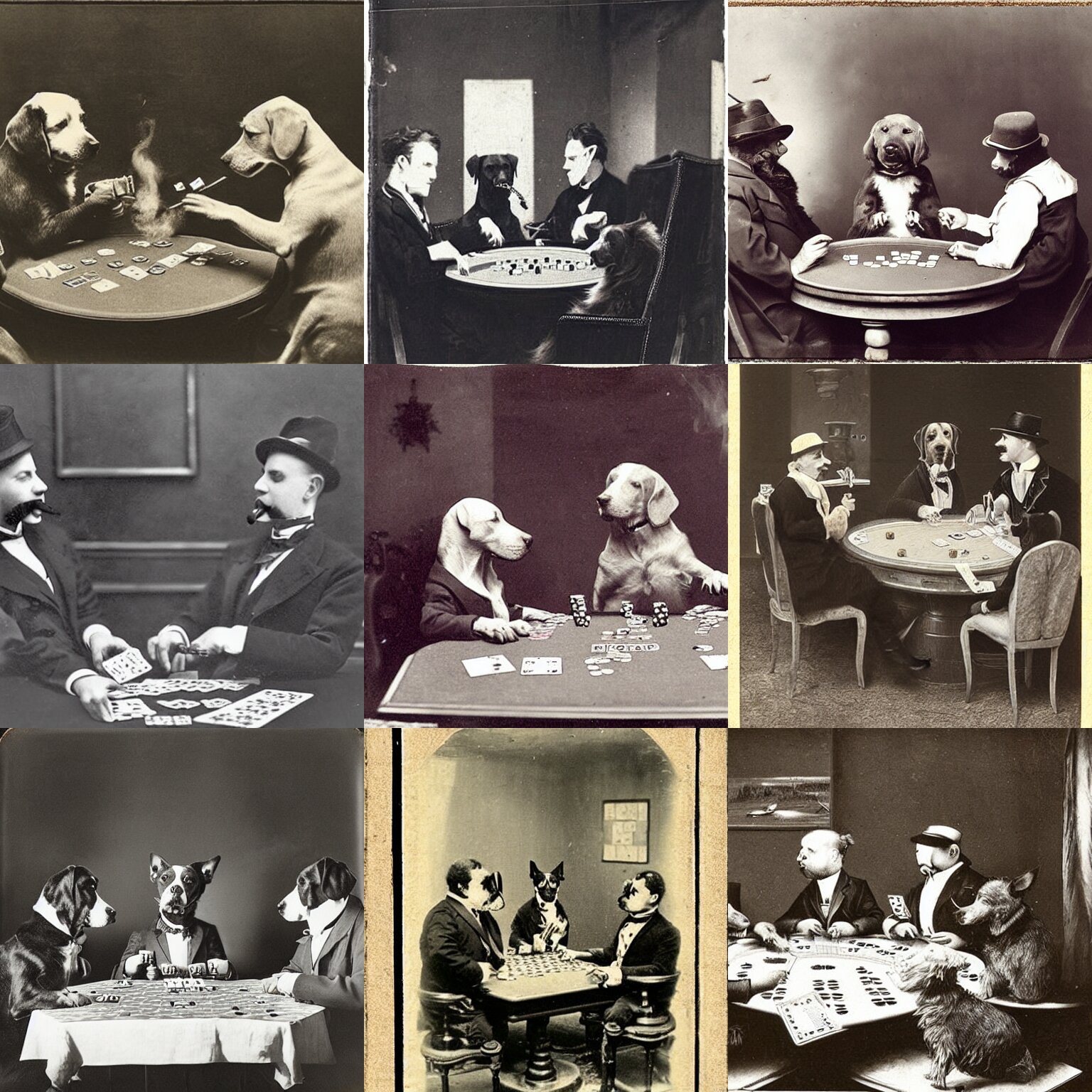#epistemology #rationality
# [[Epistemic status]]
#shower-thought
# Related
- [[Philosophy/Epistemology/Rationalism/Rationalism is simulating]]
- [[Philosophy/Rationality/Rationality is about optimal policy in an ever incomplete information game]]
- [[Philosophy/Rationality/Games as a mean to validate your rational inference]]
- [[Philosophy/Rationality/Models/Rationalization]]
# Rationalism is simulation

[[Richard Dawkins]] says that [[Philosophy/Rationality/Intelligence|organic intelligence]] that can use simulation rather that trial and error has higher survival rate

Rationalism is the idea that by simulating various outcomes, one can develop better understanding of the world and make better decisions.

Simulation allows a person to imagine [[Second-Order Thinking|different scenarios]] and to analyze the outcomes. For example, when making a decision, a person can simulate how different outcomes would affect their lives and the lives of others. This type of analysis lets them make better decisions in the long run.

Simulation can also help people learn from their mistakes. By simulating various outcomes, they can identify potential problems ahead of time and make adjustments to avoid them. This can help them avoid costly mistakes and make better decisions in the future.
Rationalism is not just limited to decision making but can be used in many different areas. It can help people better understand the world around them, predict future events, and develop better strategies for achieving their goals. In essence, rationalism is a powerful tool for improving the quality of one's life.